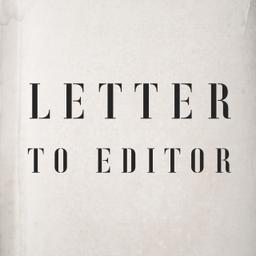Have you ever wondered why we make the choices we do that determine how our lives are directed? Why do we respond to something one way instead of a different way? What is at the bottom of it all?
I submit to you the human nature that we and all people are endowed with and have been since the beginning of mankind that causes us to follow one fork in the road instead of the other.



